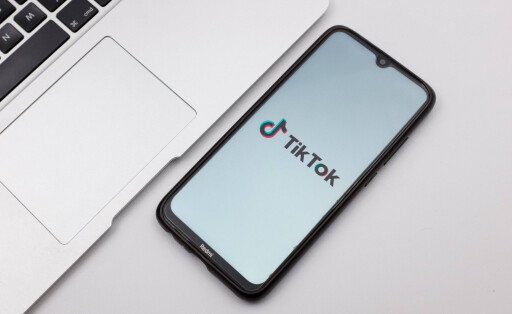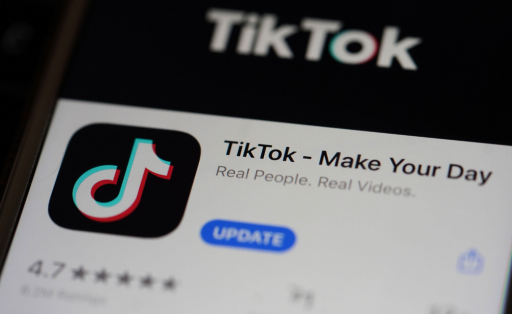The Chinese app TikTok is popular all over the world. Read all the important and latest news from the China.Table editorial team.
What is TikTok?
TikTok is a short video app owned by the Chinese company ByteDance. It has more than one billion active users worldwide and is thus one of the best-known and most successful apps.
The app's concept revolves around uploading short videos of people dancing accompanied by voice-overs. The app is particularly popular among young people. It was developed by the Chinese company ByteDance. The company bought the app musical.ly in 2017 and combined both apps in one single application, whereupon TikTok became known in Germany.
What is the difference between Douyin and TikTok?
TikTok is called Douyin in China (short for Douyin short video 抖音短视频 Dǒuyīn duǎnshìpín). However, not only the names but also the contents of the two apps differ.
While Douyin content is subject to censorship mechanisms by the Chinese government and is thus purely focused on entertainment, TikTok is the global version, supposedly without censoring politically sensitive content. The international version of the app is banned in China. However, censorship mechanisms have been discovered in TikTok as well. The app has been found to hide keywords, for example from the LGBTQIA+ community, which limits the reach of videos containing these terms.
What links TikTok and the Chinese government?
During Donald Trump's administration, TikTok was blacklisted by the US. The reason for this was the accusation of the Chinese government exercising influence over the app. Although, the US did not end up banning the application, it was revealed shortly afterward that the Chinese government itself owns shares in the company. Thus, the possibility to exert pressure on the company by the Chinese government exists. Furthermore, due to the tech crackdown by Beijing, private tech companies like ByteDance must watch their image and comply with the demands of the Chinese government.







